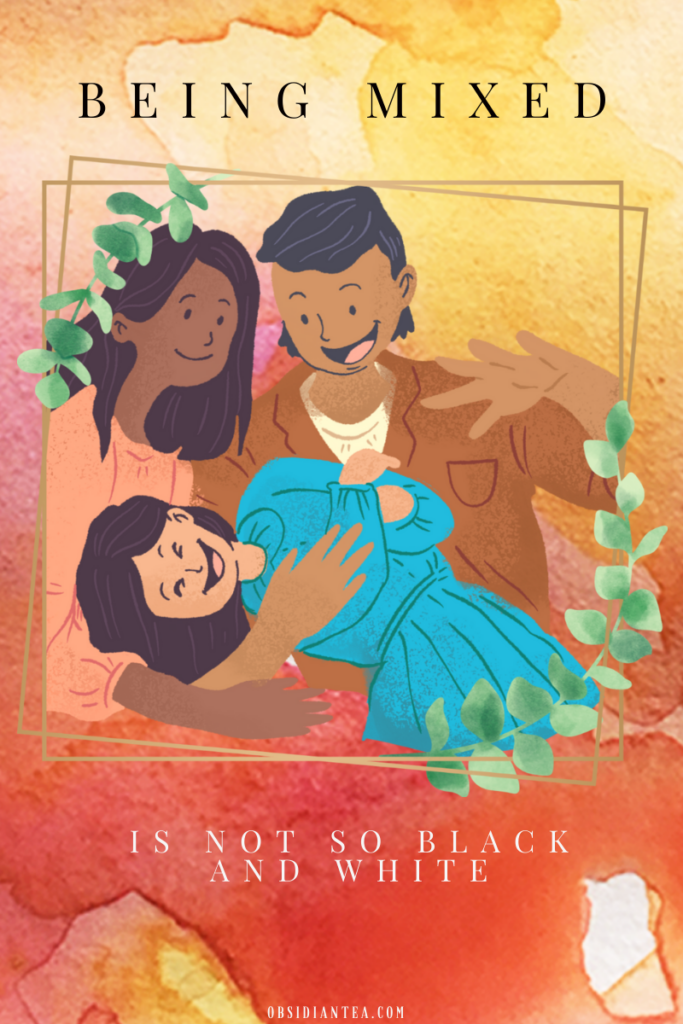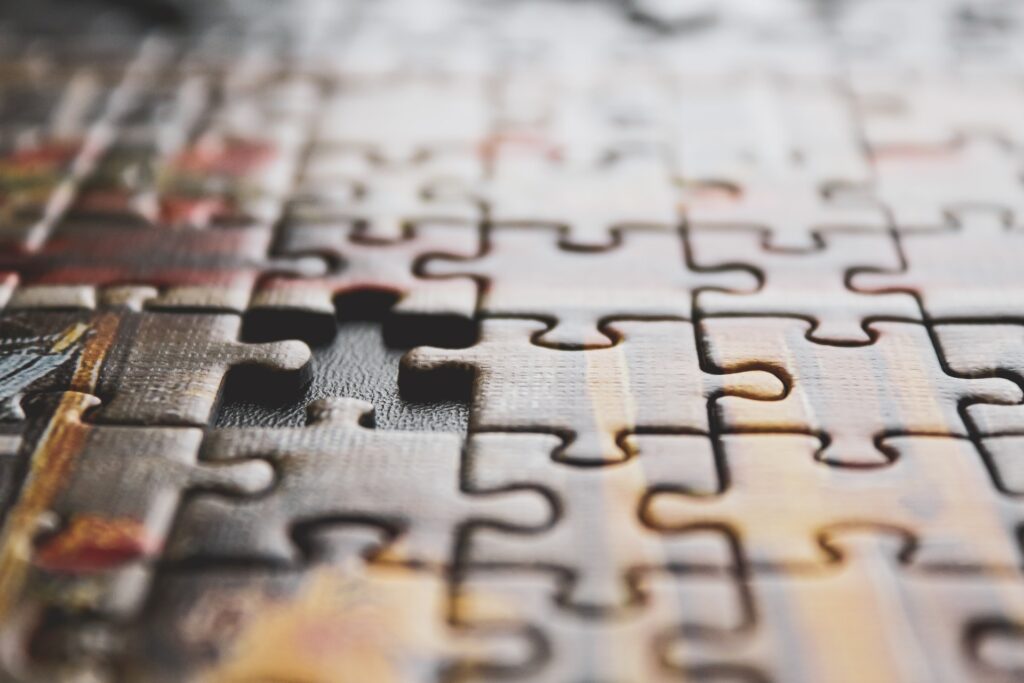
I’ve been asked a question for as long as I can remember. “So, where are you from?” People of all colours, backgrounds, and ages have always been curious about a thing I was bound to disappoint on. “Here,” or “Ohio,” were my confused answers. All the while, I tried to figure out why I was being asked so often.
The speaker was never satisfied, “No, where are you really from?”, “Are you mixed?”, they’d ask. “You look like you are from X country.”, “What tribe is in your family?” I often stared. “Ohio. I’m from Ohio. Mom is from Michigan and I don’t know my father”.
“Is your father Black?” I looked down at my skin, a smooth, and simple, brown. The old shame of not knowing roiling in my stomach.
“I… think so? Why?”
“No, where are you really from?”, “Are you mixed?”, they'd ask. “You look like you are from X country.”, “What tribe is in your family?” I often stared. “Ohio. I’m from Ohio." – Being mixed is not so Black and white Share on XThey’d shrug. Murmuring something about being too light to be all Black, or looking too African to be far from Africa ancestrally.
Or, they’d dismiss me. Musing over what my background really was. Suggesting I was lying or ignorant to the truth. Insisting I couldn’t be all Black… Whatever the hell that means.
As I got older I found myself increasingly annoyed by this. Most Black Americans don’t know their racial make-up. I was cast into a strange unknown between the races. Unlike the (outwardly) nerdier Black kids, I wasn’t cast into the white world, nor was I put into the Black category with everyone else. With my quieter personality, I fell uncomfortably between the cracks of such narrow definitions. Finding myself looking into a world, unnoticed, by the “single” ethnicity folks.
Sympathizing with Mixed folks
The world of mixed/multicultural people. The ethnically ambiguous. The White Passing. The ones who don’t belong, but have nowhere else to go. I spent a great deal of time with this population. Through that, I have amassed a large amount of sympathy — and empathy in some cases — for the complexities, hate, and unique struggles they have. Although this applies to a variety of experiences, I primarily want to focus on Black and White mixed folks’ experiences.
How did this space between the races come to be? Why does neither race fully embrace mixed folks? What’s the one-drop rule and why it is still affecting us today? How does being White Passing fit into all of this? I’ll be exploring some of these questions. Keep in mind, I’m nobodies spokesperson. Additionally, much of how a person feels about their race is personal and therefore changes drastically from person to person. I’m just a guy, who has been placed into these spaces and wants to talk about it.
We good? Good.
Mixed People Are [Blank]
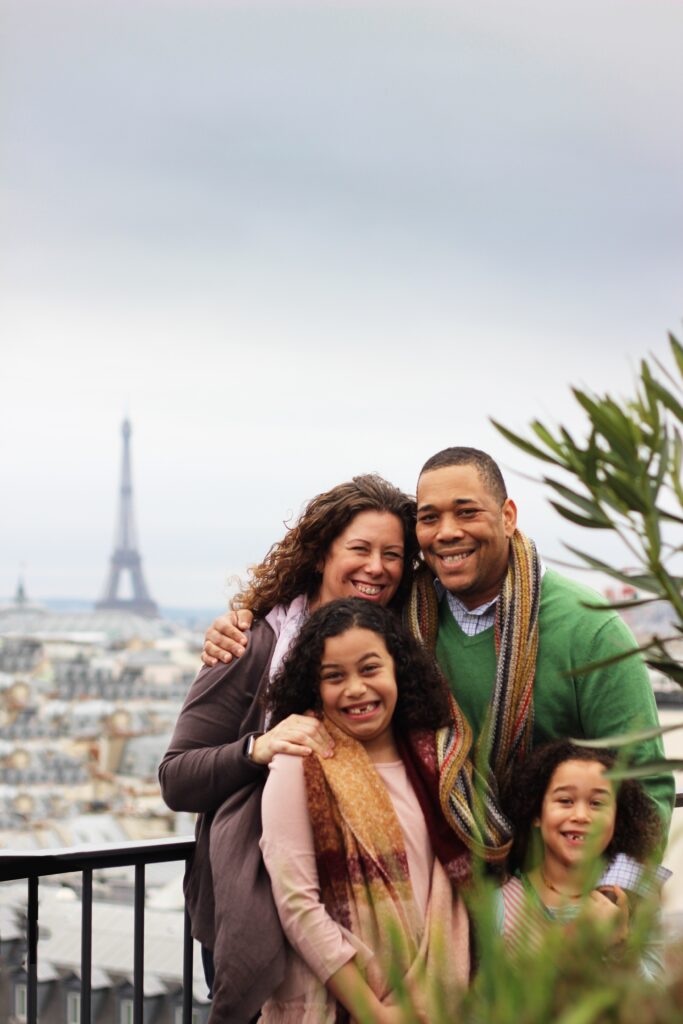
Funnily enough, it seems Black and white folks define a mixed-race person’s closeness to either “side” differently. Black folks, particularly those of an older generation, tend to roll with the assumption, “You are what your mother is.” I’d assume those beliefs are born of the one-drop rule, which we will get to later. It seems to also be a result of the matriarchy. But, unlike Jewish people and more like indigenous peoples, it has less to do with heritage/genes and more to do with culture.
The argument being, without a Black mother, who will teach you how to be Black? Often the assumption is that most mixed people are white on their mothers’ side. Then if the child is a lighter-skin tone, they don’t face the same hardships as “real” Black people. In these cases, the conclusion is that the child is white. Suggesting otherwise is upholding the idea of the one-drop rule.
More on the irony of this later.
On the other hand, most white people use looks to determine one’s Blackness. If you can pass, one is “basically white”, If you can’t, whether that’s because of skin tone or features, you are Black. But there is also a certain amount of the one-drop rule once someone is known to have Black heritage. Even if it is generations old. So much so that white supremacists have used this as a concept to further their fears around white erasure, and Hitler looked towards these beliefs and Jim Crow to inform the Nazi regime. Many labels were created to define just how many rights one lost due to the amount of “Black blood” they had. Even in 1980 courts still used the one-drop rule to disallow someone from identifying as white due to a small amount of Black ancestry.
If whites see mixed folks as Black and many Black people see them as white, where do they fall? Is it looks, culture, or experiences that determines one’s race? Well, none of that really, but it seems that a side must be chosen. If kids are playing a game of ‘Reds vs Blues’ and one kid wears purple, there has to be a way to decide where they go. Despite the fact, the only difference between the groups is nothing more than a colour. The rules are as made up as rules about race. But still, it matters in a pragmatic way.
So the answer is… they are Both?
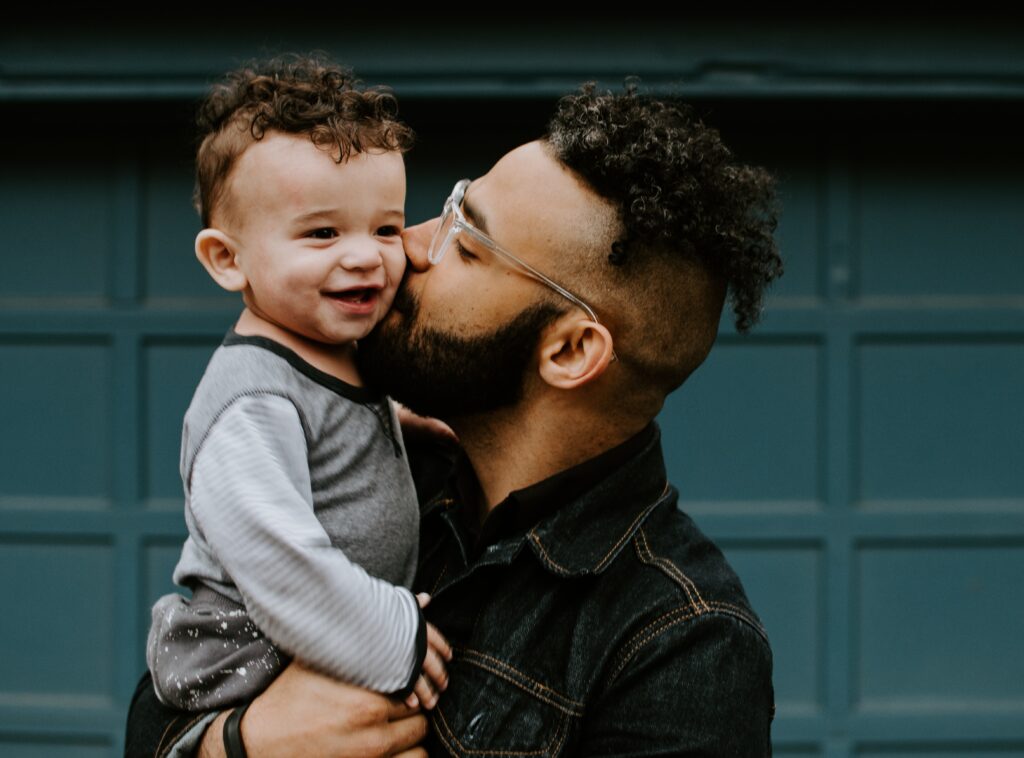
Pretty much. Unfortunately, our culture around race has never functioned that way. Similar to the situation with the kid in the purple shirt, the questions start coming out. Is it a reddish-purple, or a blueish one? What other colours are they wearing? Who would this advantage? And most importantly, would the shirt remind the other group of kids that the other team is still human?
Now, we can’t have that.
So, as far back as us being brought here, battles over this question have raged. How do we define who is superior and who is inferior due to their ancestors?
If whites see mixed folks as Black and many Black people see them as white, where do they fall? Is it looks, culture, or experiences that determines one's race?-Being mixed is not so Black and white Share on XThe History
It’s a complicated history: colonialism. Many things factored into how people looked at children of mixed race. Though simultaneously, not everywhere believed in the one-drop rule as it is so often implied. The one-drop rule is uniquely an Anglo-American thing. Why was it different in other areas?
For starters, there was a difference in population. The 13 colonies of America actually only got a small percentage of the whole slave trade. Additionally, slavery had already been occurring (and the inferiority assumed) of Africans for non-English speaking countries, long before the British got involved in the trade. So where did this large population of people, hated by their “owners”, end up?
Places Outside the USA
They ended up South. More importantly, the islands and South America. The death rate of the enslaved was much higher in these areas. Combined, people of different races had more time to mix. It became impractical to delineate race as it was in the territory that would become the USA. In some areas, complicated distinctions were used to describe how mixed you were. In some Spanish areas, for example, after enough generations, one could be considered a white Spaniard again.
As mixing was so much more common there, it was and is now, much harder to tell between the races. It would only be when a person comes to America that there would be a clear answer. This is part of why the islanders who come to America often will still say they aren’t Black but Dominican. What can feel like a slight to African Americans; is partly not wanting to be defined by our culture, but also them coming from a different understanding around race. Colourism is considered very much an issue in these areas. A belief that “money whitens” as one’s socio-economic status improves, plays a large hand in how one is seen.
The USA
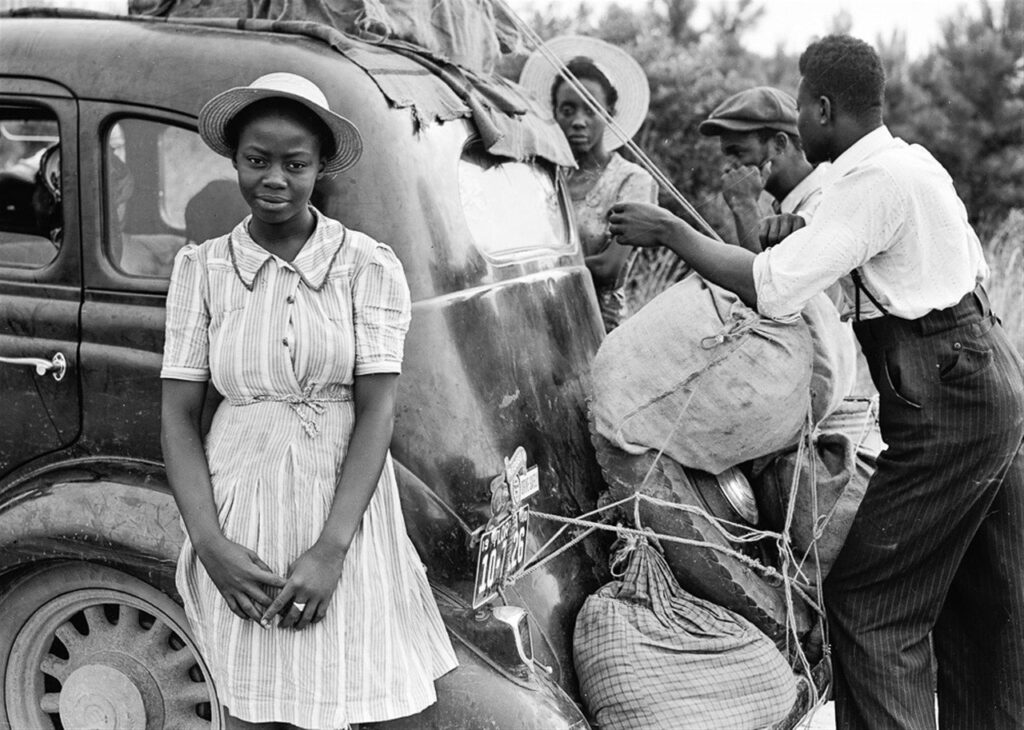
Here though, we had much of the reverse. We had fewer Black people with an ever-rising amount of white people. Most non-English speaking areas ended up mixing a lot more than we did. White colonizers often stayed with other whites. People brought families over from the old country. Even in areas where Blacks did outweigh whites, it was only acknowledged in asides and winks.
Acknowledging it or admitting it more directly was complicated. Some families were even exempt from the “one-drop rule” because of who they were. This lets them be treated as white. In some British-dominated colonies with larger populations of Blacks than whites, like Jamaica, some terms were created to discuss the existence of mixed people. Mostly… because it couldn’t be avoided. Barbados went a similar route as the 13 colonies, developing a “coloured” category that was ambiguous.
But these places weren’t the norm. What was much more common was for there to be more Whites than Blacks. In some places more white women than men, particularly in the north. With that, many white men choose white partners. Although some white women chose Black partners, it was rarer than in areas controlled by other countries and in non-continental colonies. As such, laws were created to assume that if the mother was Black, the child would remain a slave.
Combined with the longer life of Black people in these areas, the population of slaves increased naturally. Instead of the blended line, so common in other areas in determining one’s racial make-up, the categories were generally more clear cut (even if just in the minds and not the reality of the people). Either you were a white Englishman or a Black slave. But it wasn’t going to last. As we started to ramp up into clarifying who was what, by law, things got smudgy quickly. It was clear that interracial children were not something wanted, but what to do as more and more families ended up with Black blood became a real question. How much Blackness could be in a person to make them Black?
As time went on, that amount got smaller and smaller until even a drop counted. After emancipation, it became especially important for people to know what group you existed with. We wouldn’t want to treat a white person as though they were Black, now would we? But with the changing definition of what it meant to be white, things continued to get more complicated.
Being mixed is not so Black and white.
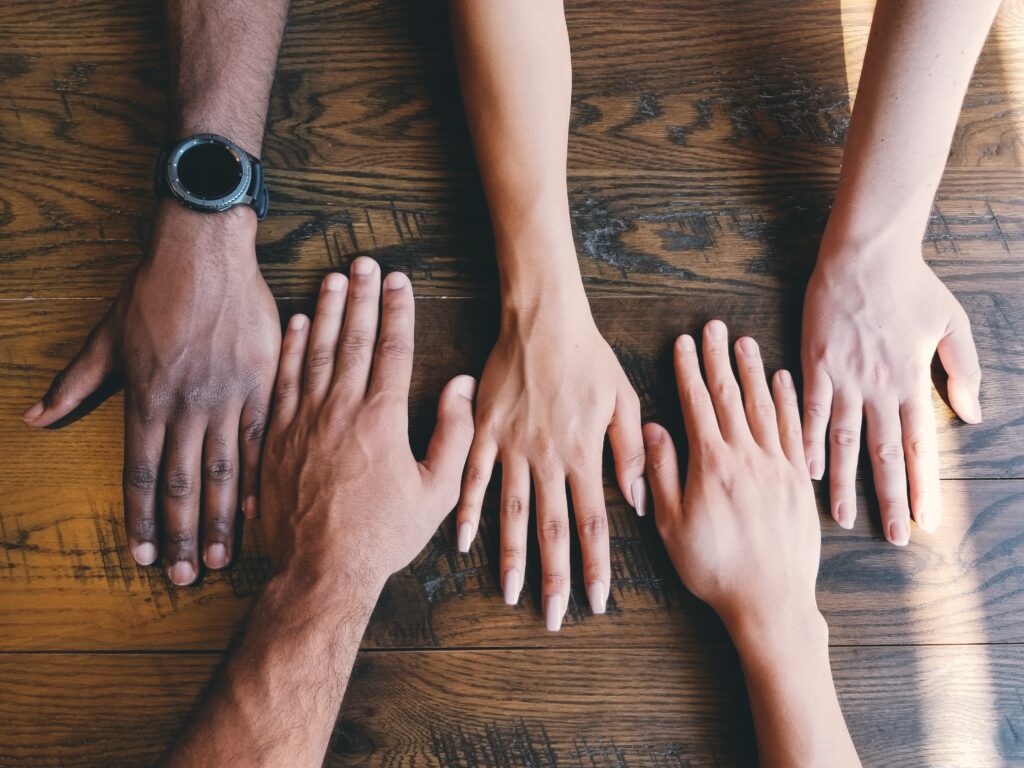
By the time the one-drop rule became more visually popular, questions started raising their heads. What about indigenous and white mixed folks? Does being indigenous make you Black? If not, are you white? Or something else? The cracks were starting to show and white society didn’t have clear answers. Some had previously believed that having children with indigenous people would cause the race to be assimilated into whiteness and improve. Eventually, it was decided that the one-drop rule ONLY applied to Blacks. Being mixed with other minorities or with oppressed people and white people didn’t make you lesser, at least not to the level of one drop of Blackness. As such, many of these other minority populations enjoyed privileges that were inaccessible to Black families.
Which contributed to a practice of passing. Passing in this context is leaving one’s culture and heritage to gain access to white spaces and privileges. This was, and still is, in many ways limited to those who were light enough and were without the features someone associates with those who look Black. On the small scale, you can often hear Black folk talking about how they aren’t just Black but also indigenous. Or people questioning if anything deemed as a non-traditional feature is from some long-lost lineage of indigenous blood. Or the bigger, and more complicated side, is whole individuals or families practising passing to have access and privileges otherwise unavailable.
Naturally, white folks hated this. But between the inability to track family trees closely enough and the unspoken knowledge that by this point was that many white people weren’t as white as they thought it was hard to fight. So many sought a way to fix this “issue”. For example:
In 1895 in South Carolina during discussion, George D. Tillman said, “It is a scientific fact that there is not one full-blooded Caucasian on the floor of this convention. Every member has in him a certain mixture of… colored blood…It would be a cruel injustice and the source of endless litigation, of scandal, horror, feud, and bloodshed to undertake to annul or forbid marriage for a remote, perhaps obsolete trace of Negro blood. The doors would be open to scandal, malice, and greed.”
So who passes?
Which left the door open for the ethnically ambiguous and lightest of mixed folks (be that recent or old mixing) to pass the line into white society. As long as they were willing to give everything. Unlike today, this behaviour was generally supported. Black People were proud to see their people succeeding even if they could never speak to them the same again. People lost community and family members in the pursuit of privileges. In return, their children got a chance at life that would have been unheard of if they had stayed in the Black community. This is still practised today, and that legacy can be seen in how many of the most prominent mixed figures with Black heritage tend to be of a lighter complexion, alongside how those in higher positions also tend to be lighter. Yet many STILL denounce their Black heritage.
This is mostly because of a few reasons.
These individuals don’t want to lose the privileges they have gained and acknowledge how different it might have been had they been born into a different family. They have been raised with the colourblind mentality, and realizing that some rules don’t actually apply to them is a hard and painful endeavour. Many cite the culture they feel most akin to, and passing is a privilege and comfort “that stops one from being Black.” (that said, my stance on this is that Blackness is not defined by being oppressed, so this is moot). There is a lot of confusion around this being hidden or not discussed. Perhaps most importantly, there is the ostracism one gets from the Black community itself.
Why stop passing, or choosing to not embrace the “superior” race when not even the other group wants you?
The costs of being Mixed and/or Passing
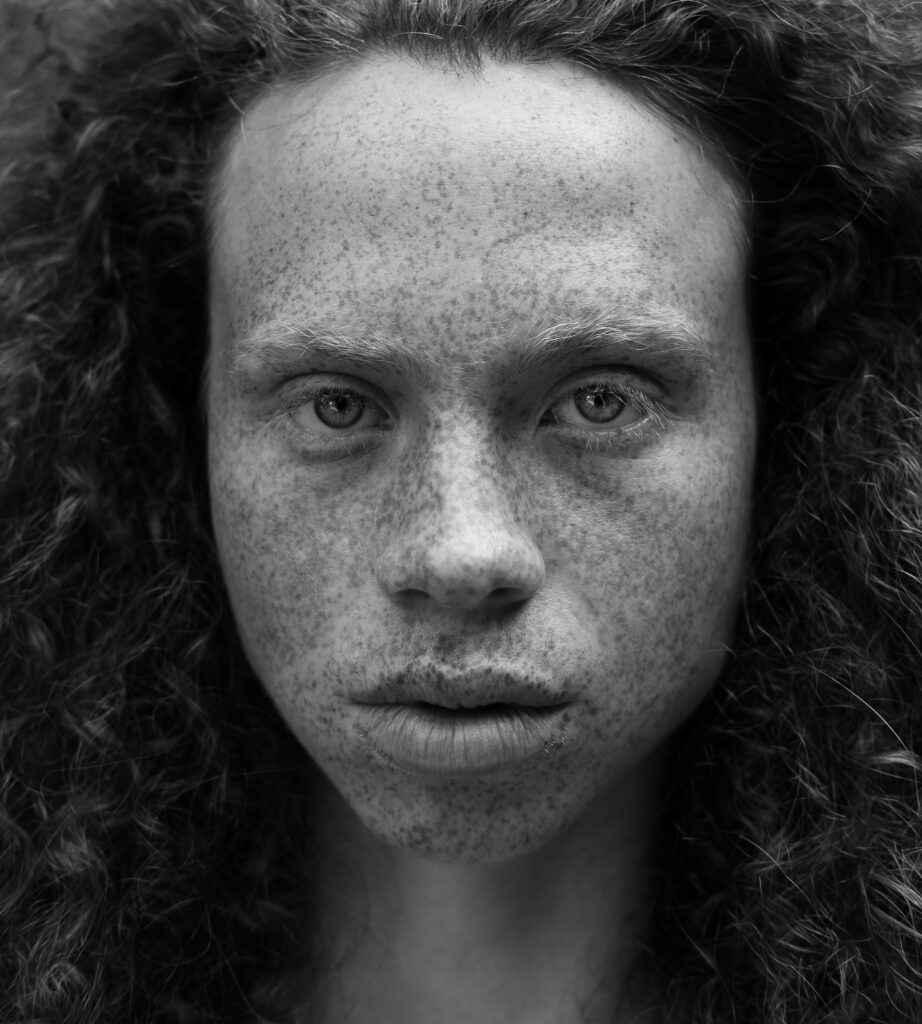
How can there be costs if it seems like there can only be benefits?
Well…. because as with most things, it’s more complex than that. Those who pass lose parts of themselves and then live secret lives. This secret can be passed down through generations along with a serious demand to be better: ‘Don’t be like them or we could lose everything’. Hidden family members, surgery, lies, and skin bleaching along with so much more can go into a family’s ability to pass. But it is always on a knife’s edge of being revealed.
The grief and loss is often palpable as they feel lost between the crack of either group embracing them. Yet is only in the non-white’s family/culture that many find peace with things about themselves that aren’t bugs but features, that went uncelebrated in their white lives.
Personally, I find both mixed and passing people sometimes downplay their heritage (if they know it) and often consider things I think of as features of their culture, as anomalies. If they are in social justice circles there can be a great deal of self dismissal and guilt. Seeing as they aren’t as visibly a minority, they feel their experiences are unimportant or invalid. They downplay their hurts and often are accosted with white people talking about them to their face, unknowingly. Some feel a lot of guilt around the lack of cultural access and knowledge they have. Overwhelmed by the shame of both wanting to connect more, and feeling as though doing so is wrong somehow.
The grief and loss is often palpable as they feel lost between the crack of either group embracing them. Yet is only in the non-white’s family/culture that many find peace with things about themselves that aren’t bugs but features,… Share on XSo who is Black?
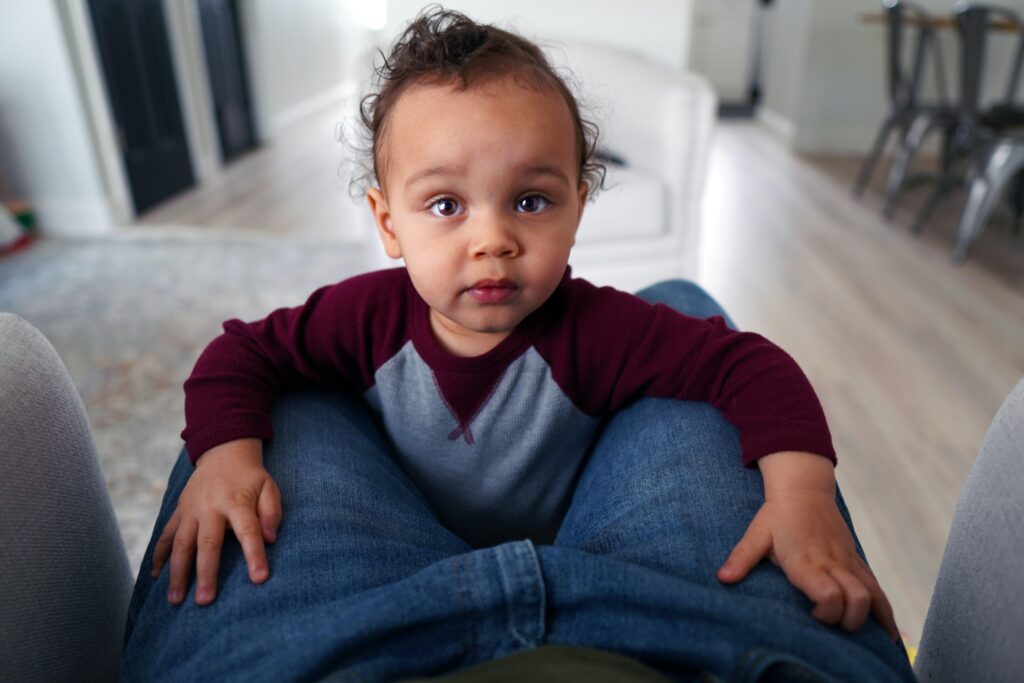
I say those who wish to embrace their heritage. Who am I to tell someone that their skin is too light to love and celebrate a connection with their great grandparent? To not allow them to grieve the potential forced intimacy that allowed them to be born? To learn what their ancestor may have went through and all they gave up to pass? I’m not the judge of that, and neither are you.
Since I see the experience of being Black is more than being oppressed, I think it is nearly impossible to answer this question with a blanket statement. Being Black is more than having brown skin and also more than having grown up in the culture. If a dark brown girl is adopted by a white family, is she still black? Yes. If a black family has albino children, or even just very light children, and raise them as Black children are they Black? Yes. So why do we act as though it is an issue of colour or how one is raised decides if someone is Black or not simply because they have some white lineage?
I’m of the opinion that if you have someone who is considered Black in your ancestry, any choice to connect with that and our culture is what makes you Black. No two Black people experience being Black at exactly the same, and that’s the beauty of it. I think it is time to move beyond discussing what is the true Black experience, and who gets to have it. It doesn’t have to be your experiences real or my experience is real. Instead like most things, it is the shades of grey that contribute to reality.
In my eyes; the life of passing, of being mixed, and of being clearly Black is all one in the same. Period. A Black experience. Our heritage is what defines our Blackness, and a willingness to be connected to it. Some may ask, well what about passing is that really your willingness to be connected to our heritage? I say yes. One cannot be a passing Black person without there being something to pass anyway. I figure some also may ask if this lets people like Rachael Dolezal to consider themselves to be Black. I don’t think so.
Who gets to be Black? Those whose heritage allows for it. What Black experience is the most real? All of them.-Being mixed is not so Black and white Share on XHere was a person who was in the community, and to many looked the part. She was still rather light, but nobody questioned that because she wanted to be there and acted the part. Yet when it was found out that she had no Black ancestry, that’s when this really mattered. That’s why she was not considered a part of our heritage/culture. Still, I can hear more questions. Who gets to be Black? Those whose heritage allows for it. What Black experience is the most real? All of them.
The fact is that most Americans not purely white. Do the people in the minor percentages get to claim to be Black because of a single drop? Honestly, I doubt anyone trying to use that as enough of an excuse to join the race and culture of a people that is likely so foreign to them, lose friends, family, all to join an “inferior race”. Very few people would risk their whole world, livelihood, and way of being all for the memes. So few people in fact, that it seems disingenuous to focus on such a small amount to discredit the experiences of so many mixed and passing people.
Who gets to be Black? Those whose heritage allows for it. What Black experience is the most real? All of them.
This blog is supported by Patreon. For more exclusive content, requests and more, consider becoming one today! Or, buy the author a coffee for late night research.
